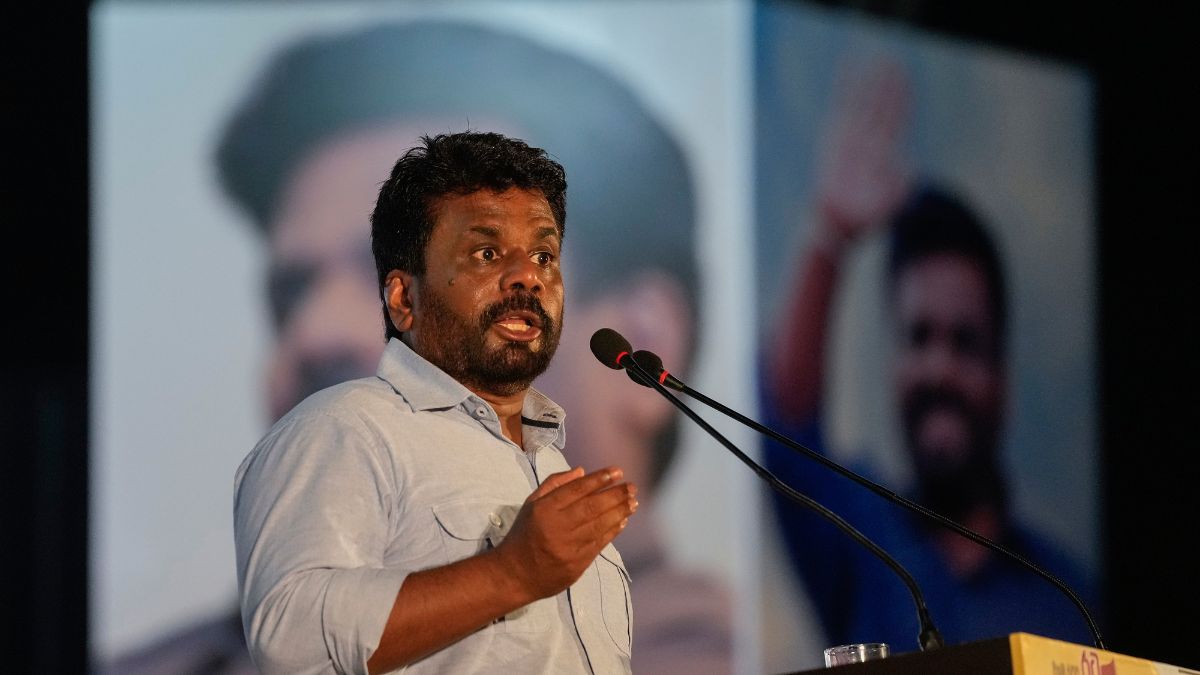Sri Lankan President Anura Kumara Dissanayake will embark on a three-day visit to China starting today at the invitation of President Xi Jinping.
This marks Dissanayake’s second overseas trip since taking office in September last year, with his first being to India.
During the visit, the Sri Lankan President aims to strengthen bilateral relations and address key issues with Chinese leaders, including President Xi, Premier Li Qiang, and Zhao Leji.
“The visit to the People’s Republic of China will further strengthen the longstanding ties between the two countries,” PTI quoted the Sri Lankan Foreign Ministry as saying.
Here’s a quick look at what’s on the agenda:
The agenda will cover various topics, including Chinese “research vessels” regarded as spy ships by India, Sri Lanka’s debt commitments to China, stated to be Colombo’s largest creditor, and the expansion of the Belt and Road Initiative.
Seven Memoranda of Understanding (MoUs) will be inked, focusing on areas such as agriculture, tourism, education, and technology.
Sri Lanka would seek Chinese assistance to complete the central expressway, which has been stalled for over a decade.
Sri Lanka also expects the visit would result in the digitisation of Sri Lanka’s two state TV channels - Rupavahini and ITN.
Dissanayake’s discussions will also include the development of the Chinese industrial zone near Hambantota port, reflecting ongoing strategic interests between the two nations. Qin Boyong, a top Chinese official who visited Dissanayake immediately upon his return from Delhi in December, said the Chinese companies were eagerly waiting to set themselves up for business at Hambantota.
Dissanayake, once a bitter critic of India, chose Delhi for his first visit abroad.
During his visit to India in December, where he met Prime Minister Narendra Modi, Dissanayake assured New Delhi that Colombo would not permit its territory to be used “in a manner that is detrimental to the interest of India,” in an apparent reference to China.
For China, which expanded its strategic ties with Sri Lanka during the pro-Beijing leader Mahinda Rajapaksa, his brother Gotabaya Rajapaksa and Ranil Wickramasinghe with the acquisition of Hambantota port for 99 years’ lease as a debt swap followed by the development of Colombo Port City project, Dissanayake is a new generation leader representing new realities of his island nation.
With inputs from agencies
)